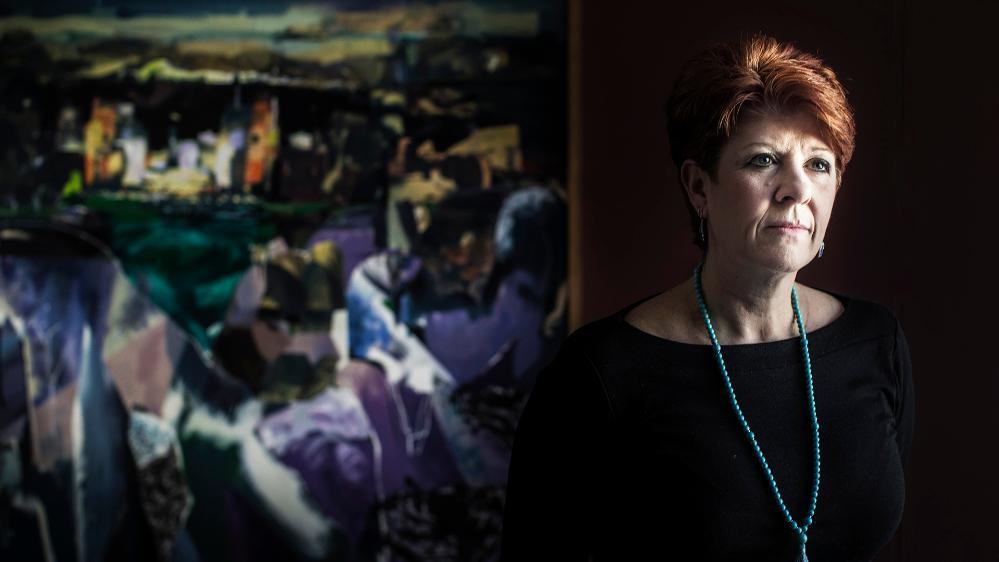July 9, 2020
UOW joins autism research co-production initiative
Program provides autistic people hands-on engagement in all aspects of research
In recognition of its commitment to genuinely engage and work with autistic individuals as well as the wider autistic community, the University of Wollongong was recently made a co-production partner in the Australian Cooperative Research Centre for Living with Autism (Autism CRC).
The Autism CRC established the Research Co-production Partner Initiative to promote inclusive research practices with autistic community members and families.
Traditionally, most research about autism is conducted by people who are not themselves on the autism spectrum. However, researchers at UOW, led by Dr Amanda Webster, from the School of Education, are involving autistic people in all aspects of the research process, from deciding research questions, to data collection and analysis, to translating the findings into real-world outcomes.
Research co-production refers to researchers and end-users working together as peers to ensure the purpose, methodology and application of research are relevant to, and meaningful for the end users – in this case, autistic individuals and their families.
Co-production recognises and values the skills and expertise that autistic people, their families and carers have gained through their lived experience, and engages them at every stage of the research process.
In one UOW project, members of the autistic community were engaged as research assistants to help construct principles for designing autistic-friendly businesses and community environments.
In another initiative, Dr Webster and Ms Barb Cook, an autistic author, established the Autism Community of Practice (CoP), which has engaged a number of autistic individuals as co-investigators on research to develop tools and strategies to promote the self-determination of autistic people.
This group is currently undertaking projects in schools disability service programs, and has contributed knowledge and practice under the National Disability Insurance Scheme.
Dr Webster emphasised that research co-production ensures research findings and recommendations are meaningful and socially valid to the people most affected.
“In autism research, co-production is particularly important as autistic individuals have often been silent recipients of research that is based on priorities and agendas that marginalise them and diminishes their sense of self-worth,” she said
“Engaging autistic individuals in co-production of research gives them and their families a voice in research priorities and methods. More importantly, it provides a critical means of making sure that research findings can be used to positively impact real-world practice.
“I have found that not only do most individuals embrace and become energised by co-production, but it also helps them to develop networks and skills they need to become more successful advocates in their own lives and community.”
Working collaboratively with autistic individuals is an essential part of creating research and teaching initiatives that will lead to societal change and impact that makes a difference in the lives of autistic children, adults and families.
“We know that autistic and neurodivergent individuals have a unique perspective that most neurotypical researchers and teachers do not share,” Dr Webster said.
“As a neurotypcial person, I know I must work closely with autistic colleagues and family members if I am to gain their perspective on the issue and context. This also opens the door for honest and collaborative conversations from which we can all gain new understandings.”
This approach to co-production of knowledge is mirrored in UOW’s Master of Autism postgraduate program, which engages autistic experts in the design and delivery of content, and in the Teaching and Research Community Seminar Series. Both programs are overseen by Dr Webster.
A central theme of both the Master of Autism and current research programs is creating supportive communities and practices that presume the competence of individuals to exercise self-determination over their own lives.
“Instead of a treatment approach, we focus on building the capacity of autistic and neurodivergent individuals by creating inclusive and supportive environments that enable them to build their skills and empower them as learners,” Dr Webster said.
About the Autism CRC
Established in 2013, Autism CRC is the world’s first national, cooperative research effort focused on autism across the life span. It brings together more than 50 participant organisations, including national and international academic institutions, service providers, government bodies and commercial enterprises, to develop and deliver evidence-based outcomes.
